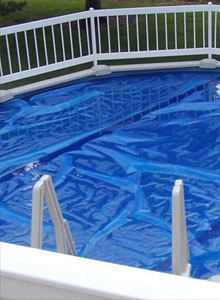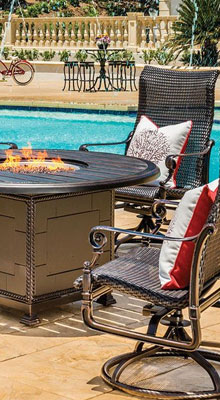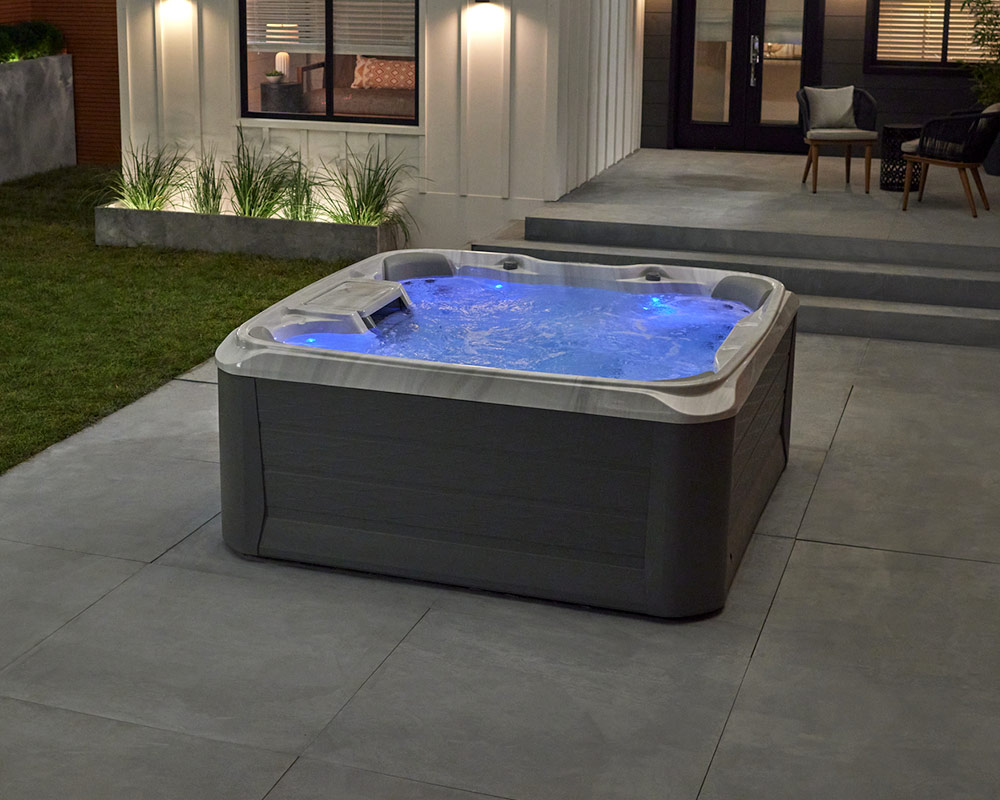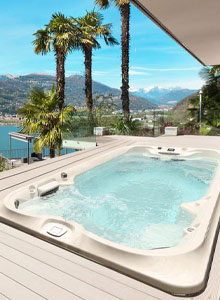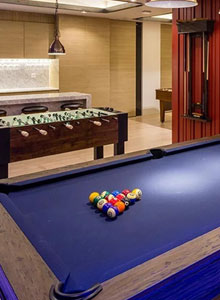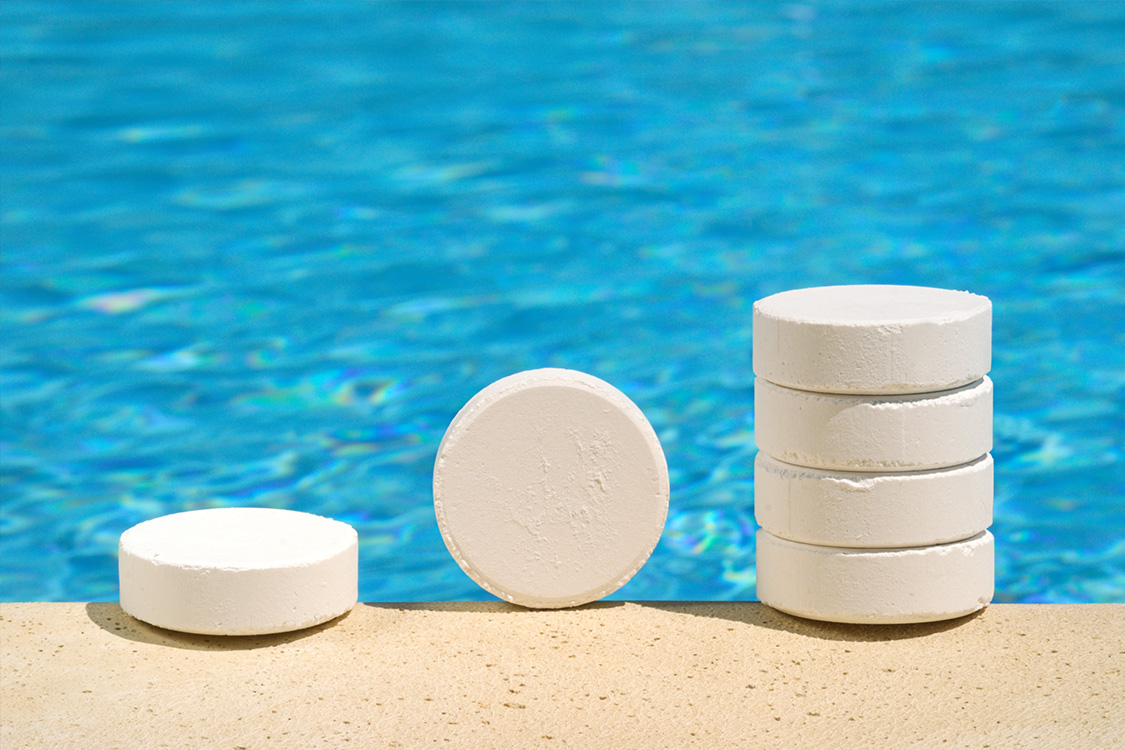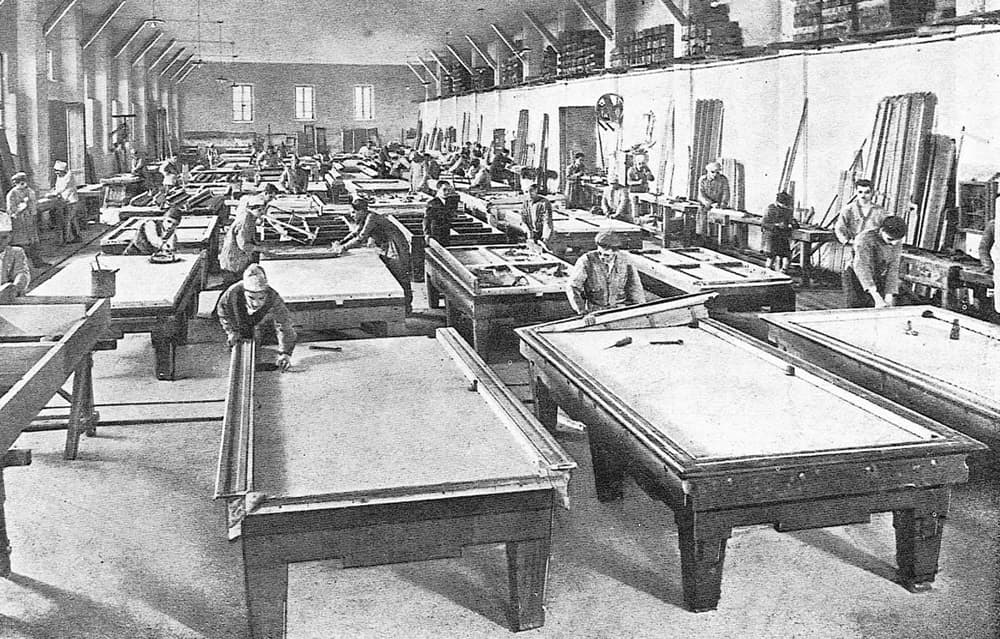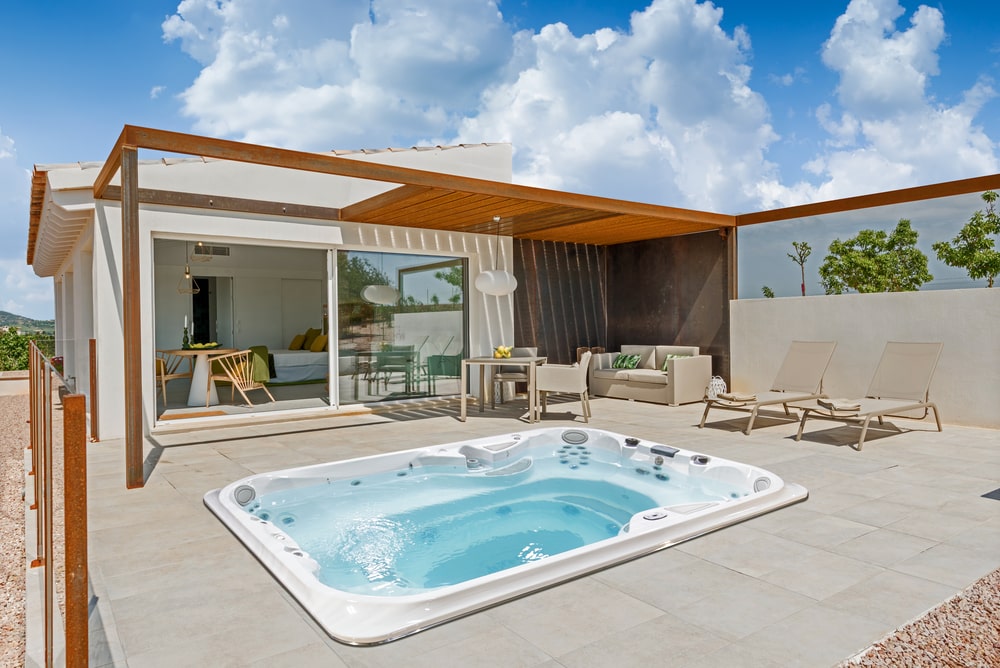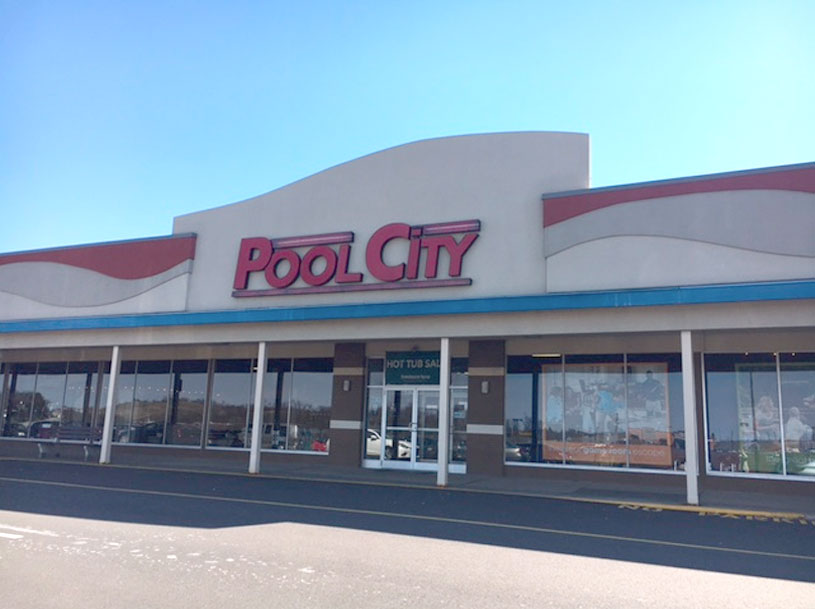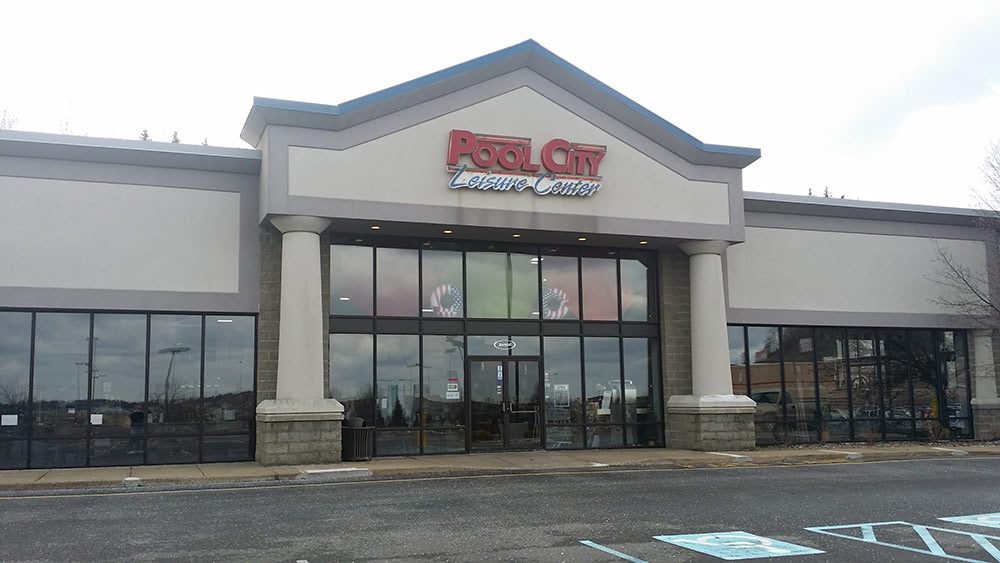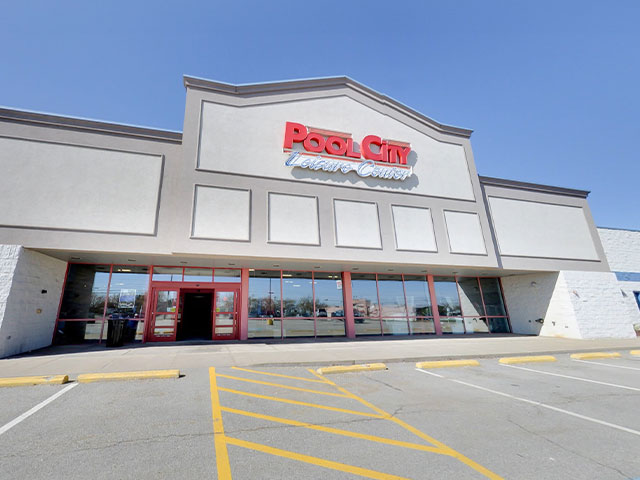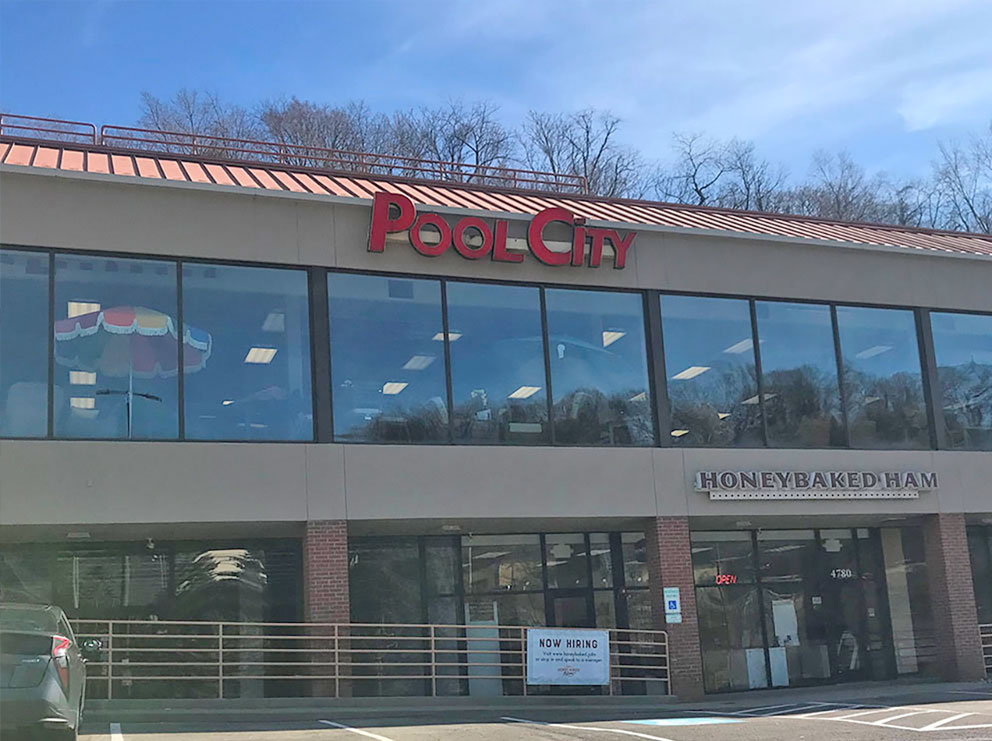Riddle me this: what has the atomic number 17 and a name that comes from the Greek word meaning “greenish-yellow”?
If you guessed chlorine, kudos to you—you got it!
These days, people are far more cautious about chemicals and their safety. We don’t want to do anything that might potentially put ourselves in harm’s way!
So, chlorine—what’s the skinny? What is it? Is it safe?
What is it?
Believe it or not, chlorine is actually made from salt. It was first discovered in Sweden in 1744. Chlorine has been around for a long time! But it wasn’t until the 1890s that it was discovered to be an amazing tool to help disinfect and treat water.
Chlorine has since saved countless lives from waterborne diseases like as cholera, typhoid fever, dysentery, and hepatitis. Even today, it is among the most popular methods of water treatment in the world!
Is it safe?
The short answer is that chlorine-treated pool water isn’t much to worry about, nor is the drinking water treated with chlorine-based disinfectants coming from your local water treatment centers. The chlorine developed for water treatment has been specially tested to make sure it isn’t harmful. In fact, it is because of chlorine that many of us no longer have to worry about getting sick when we go to the faucet for a drink or take a dip in the pool!
But that doesn’t mean all chlorine is the same! Don’t think you can just grab any ol’ bottle of the stuff, or use household, chlorine-based cleaner and dump it in your pool! Some forms of chlorine in high doses can be harmful. For instance, the bleach you use to clean your kitchen counter contains chlorine, as it is a powerful disinfectant, but consuming it or putting it in your pool could result in making you very sick. In fact, most chlorine-related poisonings are the result of household cleaning products!
So, it’s important when you’re treating your pool water, you make sure you’re using the chlorine that was formulated for pools!
Oh, by the way, if you’re on your way to dive into your pool and you smell chlorine, don’t be too concerned there’s too much in there! A lot of the time, that smell is actually an indication your pool might need more chlorine. The odor is oftentimes the byproduct of chlorine doing what it does best—killing off bacteria! Always keep pool test strips handy so you can make sure your pool is in tip-top shape.
If you still have some chlorine-related questions you’re dying to have answered, we recommend heading over to your neighborhood pool specialists and picking their brain!
